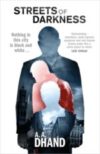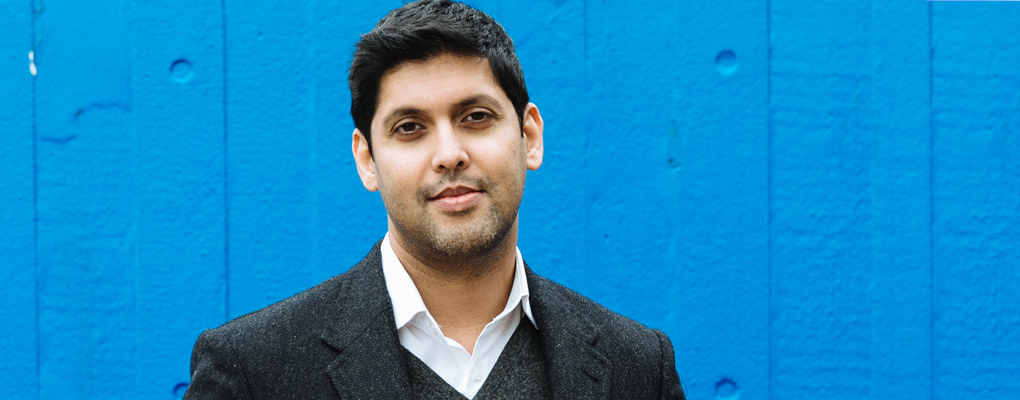I remember when I first wanted to become a novelist aged eight I was aware of two things: the first was that there were no people like me writing ‘genre’ fiction and the second was that I didn’t care that’s exactly what I wanted to do. I wasn’t aware of just how big a task it was going to be back then, and I’m glad or I might have given up.
After years of writing unsuccessfully I finally managed to get an agent back in 2011. My first novel was a police procedural with a British Muslim lead hero. My agent loved it, but mainstream publishing just wasn’t ready for it. When it came to approaching publishers with my half Indian/Turkish hero Zain Harris for my next novel, the response was much more positive.
It was surprising for me how mainstream publishing seemed to have turned a corner so rapidly and by the time my novel Cut To The Bone was published in 2016, the crime publishing world had become a very different place. From going to events where I was usually the only brown face there (apart from the hugely successful crime editor Keshini Naidoo) I was now rubbing shoulders with other British Asian authors. Vaseem Khan, Abir Mukherjee, A A Dhand and Sanjida Kay were welcomed by the crime fraternity, along with myself, in a way that was heartening to see and feel. It seemed everyone from bestselling authors to relative newcomers were excited by and supportive of new voices. So why did they react so positively and so differently to other arms of publishing?
Vaseem Khan, author of the bestselling and award winning Baby Ganesh Detective Agency series, thinks it’s because “Crime fiction is, essentially, about good versus evil, a theme that resonates across all cultures. With this in mind publishers are increasingly willing to open the doors for voices in the genre that can create such narratives using diverse settings and characters.”
After the initial success of Asian crime writers, we now see a whole group of new writers being welcomed by the crime fraternity. One of the hottest new crime stars to emerge, Imran Mahmood, author of You Don’t Know Me, thinks the reason is that, “As a genre crime has at its heart the aim of providing controlled uncertainty and then certain redemption for a world that is riven with unpredictability and danger. We need crime novels because we want help to make sense of an uncertain world. And Asian writers give us all the chance to share their perspectives and experiences. The need for safety and security crosses all cultural bounds and the richer their experience the better the reader’s experience will be.”
Crime fiction has always been way ahead of other genres, think of the females that broke the mould like Agatha Christie and Dorothy L Sayers, and welcoming authors like Dreda Say Mitchell. In fact female crime writers now outweigh male ones, and there are a number of successful writers openly from an LGBT background. The reasons might be the intelligence and openness of crime readers, who are always looking for new perspectives (think how popular Scandi noir became), and also crime writers themselves who are usually spurred on to hold a mirror up to society. Crime fiction editors and fans are mainly after a good story, and quality writing, and the genre reinvents itself regularly to bring them these.
But why did it take so long to open the doors to British Asian crime writers? I think the role models we had as authors were writing different types of novels, the sort that might win a Booker, and editors probably didn’t get their type of writing. It took British Asian crime writers to be bold and take risks to breakthrough. I hope now Asian writers feel as though they can tell their stories in a way they want, because crime publishers are open for business. I just hope publishers of other genres are as gutsy and follow suit.
Alex Caan has spent over a decade working in Information Systems Security for a number of government organisations, and is currently specialising in Terrorism Studies. A lifetime passion for writing was sparked by the encouraging words of an English Teacher in school, and eventually led to Alex successfully completing an MA in Creative Writing, and write Cut to the Bone. The sequel, First To Die, was released in June 2018.

